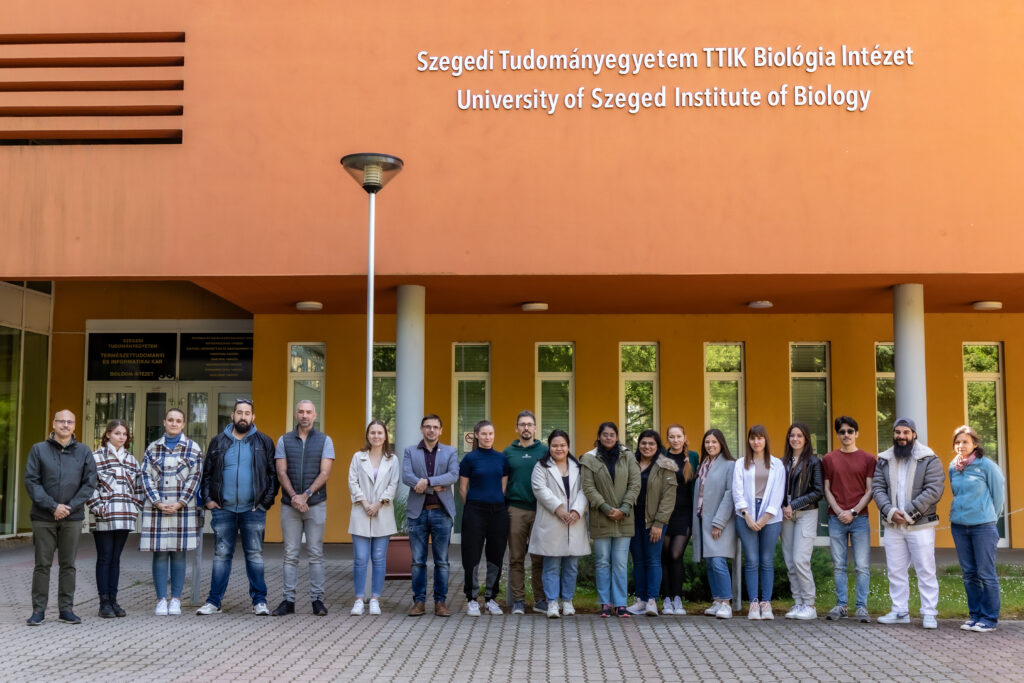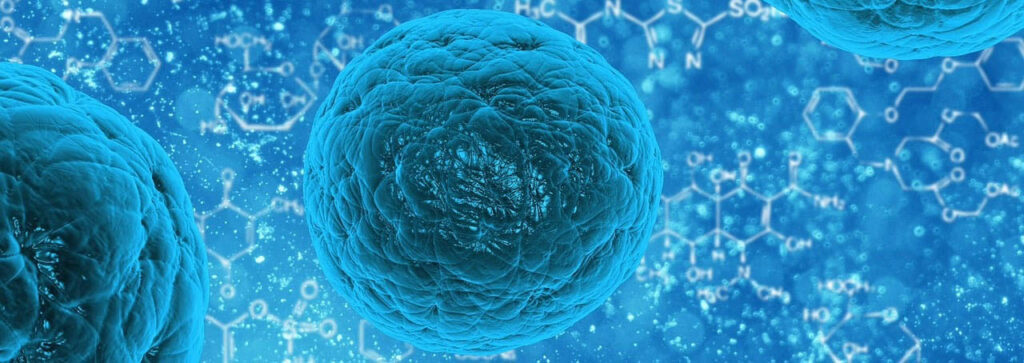Research leader name
Dr. Tamás Papp

The aim of the research group is to explore and understand the patho- and resistance mechanisms of emerging invasive fungal infections, as well as to propose new treatment strategies.
The frequency of fungal infections affecting different patient groups (e.g., immunocompromised state, cancer, antibiotic treatment, lung diseases, diabetes, advanced age, premature birth, COVID-19) shows an increasing trend, and their mortality rate is unacceptably high (>50%). At the same time, these infections are difficult to detect, the spectrum of available therapeutic agents is limited, and resistant strains are becoming more common.
Download
The project focuses on the investigation of two currently particularly problematic groups of fungi: on the one hand, for fungi that cause mucormycosis (e.g., Mucor, Rhizopus, and Lichtheimia species), on the other hand for species that cause candidiasis (e.g., Candida albicans, and C. auris). Infections caused by both groups show an increasing frequency both domestically and internationally. In the past few years, an increasing number of cases associated with COVID-19 infection have been described (see: “black mold” mucormycoses, and “super fungus” C. auris), which are linked to the anti-inflammatory drugs used for treatment and the post-COVID syndrome. The main research objectives of the group are identification of new potential antifungal targets; identification of biomarkers suitable for monitoring infections; identification of molecules that trigger adaptive immune responses and development of a basis for a potential antifungal vaccine; exploring the mechanisms of resistance to antifungal agents and identifying the points that can be used to develop more effective inhibitors.
Project implementation
The implementation of the project, in line with the efforts aimed at improving the quality of life and increasing life expectancy, can contribute to the treatment of those who have undergone bone marrow and organ transplants, those suffering from cancer and diabetes, as well as those with certain age conditions (premature babies, newborns, advanced age). We hope to be able to propose biological targets suitable for the development of new therapeutic procedures, which includes blockable targets, biomarkers suitable for the detection and/or monitoring of infection, antigens and antibodies suitable for the development of antibody therapy, as well as the possibility of antifungal vaccine development.




